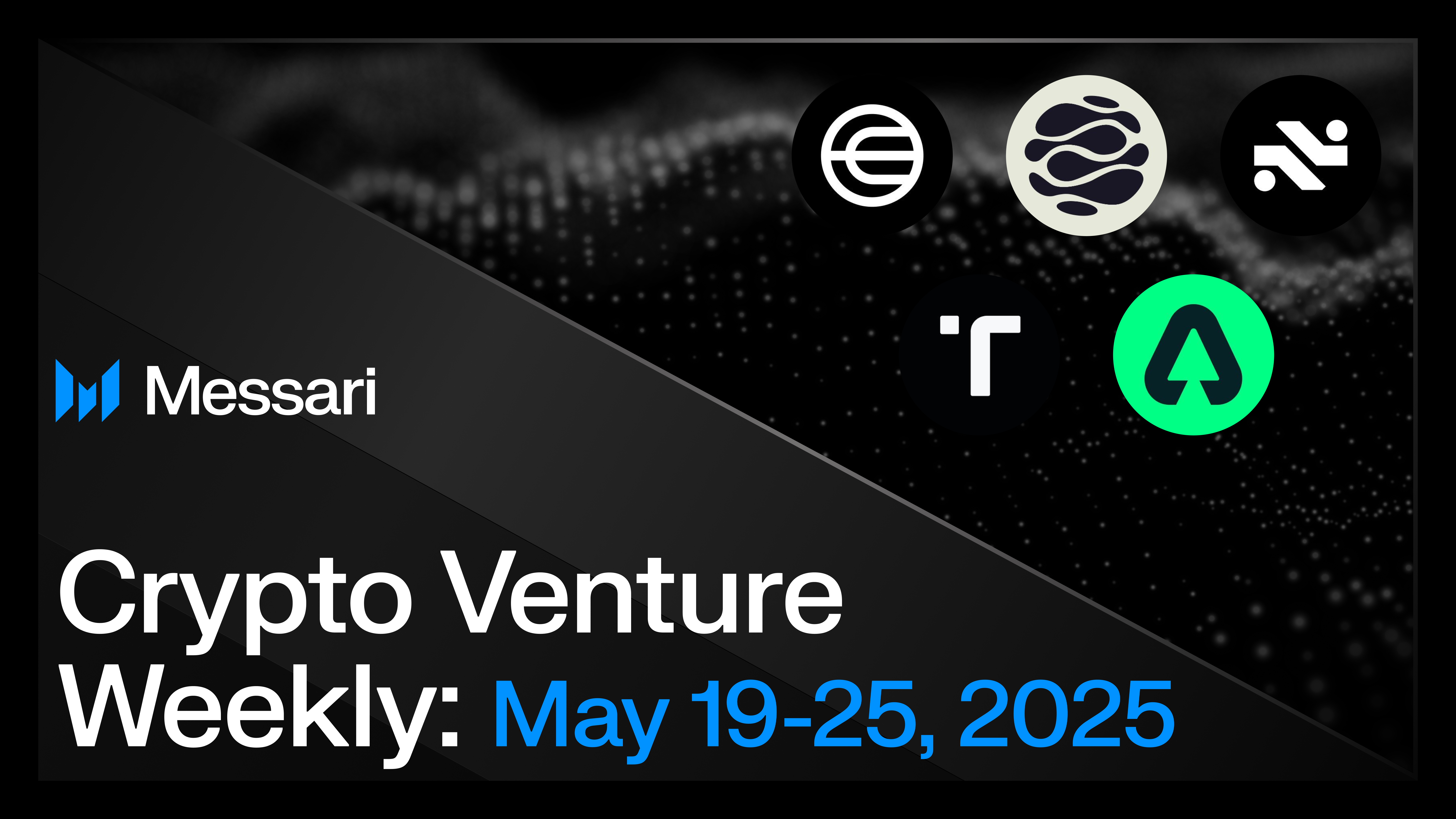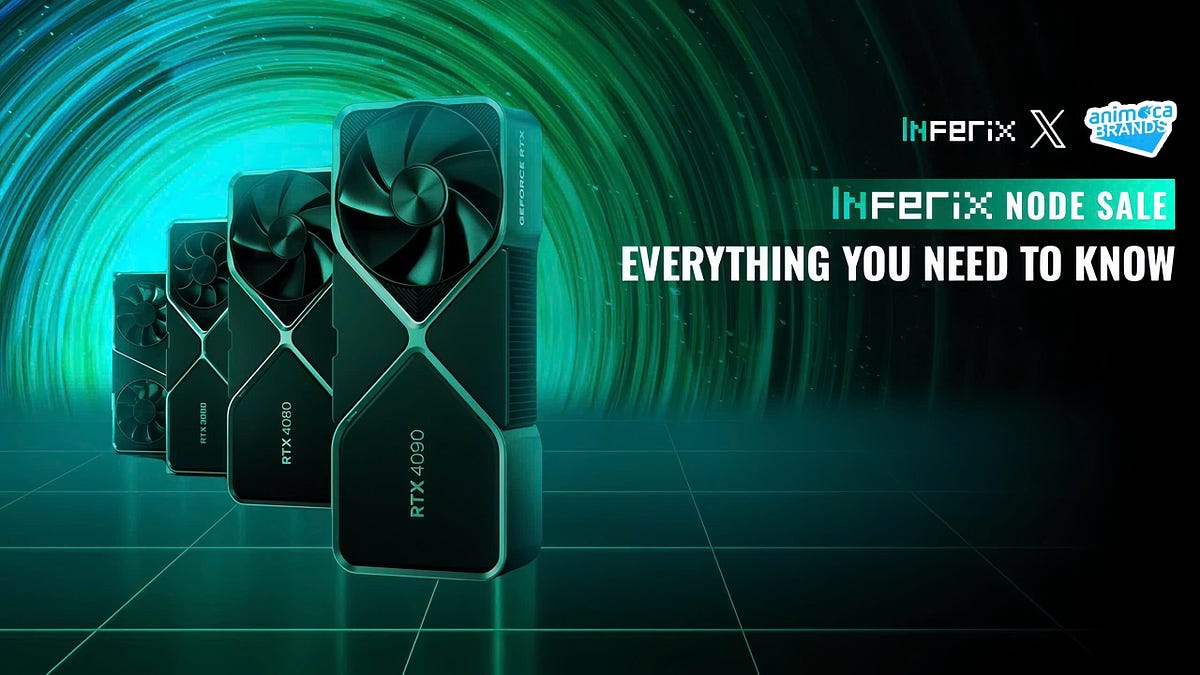The Rise of Trusted Execution Environments in Cryptocurrency

In the rapidly evolving world of cryptocurrency, the integration of artificial intelligence (AI) is becoming increasingly prominent. Notable projects such as Bittensor, Near, AR, and Render are leading this trend, showcasing the potential of AI-driven technologies. Recently, AI agents have gained attention for their ability to create cryptocurrencies and engage on social media platforms, exemplified by meme coins like GOAT and Fartcoin. Furthermore, the emergence of Trusted Execution Environments (TEE) is set to revolutionize data security in blockchain applications. TEE functions as a digital vault, allowing sensitive data to be processed securely, even in the event of malware attacks on the operating system. This technology ensures that only the results of data processing are shared, keeping the original data confidential and secure.
Phala Network and Marlin are two cryptocurrencies that have adopted TEE technology to enhance privacy and performance. Phala Network focuses on safeguarding sensitive information by enabling private computations on its blockchain. This innovative approach allows for the creation of private smart contracts, ensuring that user data remains confidential throughout the processing phase. Phala’s architecture is particularly beneficial for industries requiring stringent data privacy, such as healthcare and finance. The native token, $PHA, facilitates private computation services and rewards network nodes, experiencing a significant price increase this year, although it remains below its historical highs.
On the other hand, Marlin leverages TEE technology to address the blockchain’s historical limitations regarding speed and efficiency. By executing complex calculations off-chain, Marlin minimizes network congestion and reduces transaction costs. The native token, $POND, has seen modest growth this year, making it an attractive option for potential investors during a market upswing. Despite the promising applications of TEE technology, challenges remain, including vulnerabilities to hardware attacks and reliance on closed-source processors. Nevertheless, the potential benefits for the cryptocurrency ecosystem are substantial, and as these technologies mature, they may attract increased interest from investors and users alike.
Related News





